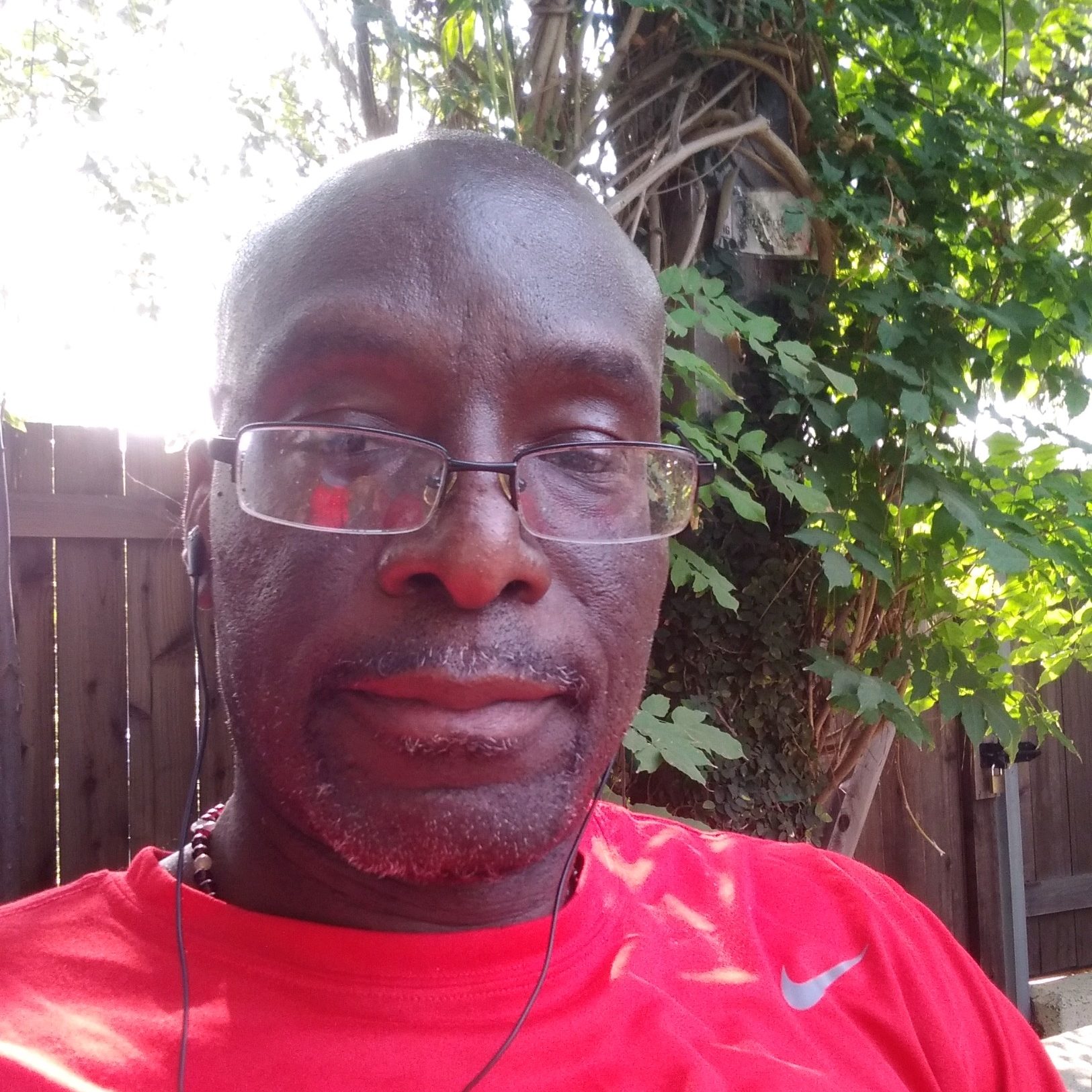One of the first things people notice about Villond C., a resident here at Beit T’Shuvah, is his culinary skills, serving up his signature breakfast several mornings a week. The one thing people don’t notice about him is that he’s actually “really shy at heart,” despite his quick smile and friendly demeanor.
Villond grew up both with his mother in Southern California and father in Louisiana. He describes his childhood as fun and exciting, adding that he was a little “spoiled.” One of the lessons we all learn here is that addictive behaviors can take many forms, and although Villond doesn’t identify as a drug addict, he acknowledges that the addictive drug lifestyle was his downfall. “I was addicted to the street life, to the fast money.” He started selling marijuana at age twelve, moving to selling crack cocaine by age fifteen. “I just thought drugs and alcohol were addictions. I never realized that the adrenaline rush, the fast money, and fast-paced life can also become an addiction.”
Drug dealing eventually led to Villond’s arrest for one count first-degree murder and two counts of first-degree attempted murder, six months after his eighteenth birthday, and six months after his high school graduation. After his conviction, he spent over thirty-two years incarcerated, before being paroled here in March of this year.
Villond is grateful to his childhood friend, Jeff M., for introducing him to Beit T’Shuvah. “We met in summer camp at the Westchester YMCA and we just clicked.” While Villond was in prison, Jeff introduced him to Carrie Newman, the Alternative Sentencing Coordinator. “Carrie and I established a correspondence, I filled out the paperwork and I was accepted.”
When Villond first arrived here, Beit T’Shuvah was phasing in COVID-19 restrictions, causing him to be quarantined immediately for two weeks. Newly free after decades in prison, he took the limitations in stride. “Quarantine for me was Disneyland, compared to where I was in real lockdown. I had my computer, my phone, TV, and Netflix if I wanted.”
He’s now in school full-time, continuing what he started in prison. “I got in touch with the Department of Rehabilitation, and they paid for tuition and books.” When he mentioned to Carrie that he was taking culinary classes at LA Trade Tech, she referred him to the work therapy program. “I enjoy cooking, and it’s always been my blissful stats. It relaxes me and lets me think.”
Villond is planning on returning next week to his family, who have never turned their back on him. “My family was with me for the whole time, from the day I got arrested to the day I got paroled. They never condoned what I did, but they always wanted to know how to help.” He intends to finish school, find work, and live life. “I want to do something with my culinary training, something on the side. I might as well get certified in something I enjoy already, that way I can have something under my belt, as far as employment.”
He credits the welcoming community here for the acceptance he’s felt from day one. “No one has judged me, no one has put me in a box. And a lot of the residents and staff were very open and friendly. I’ve been accepted like I’m part of the family.”
